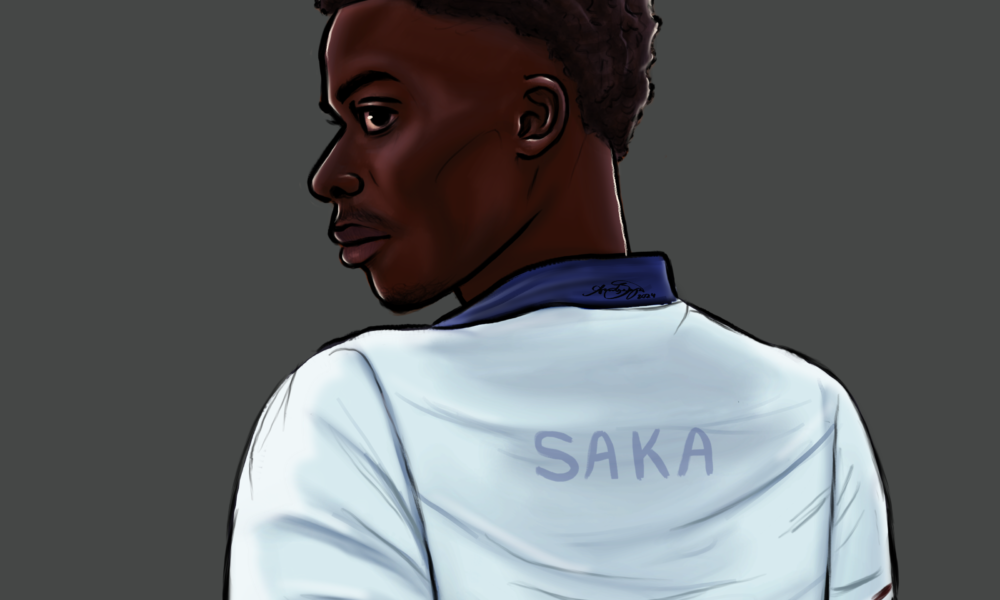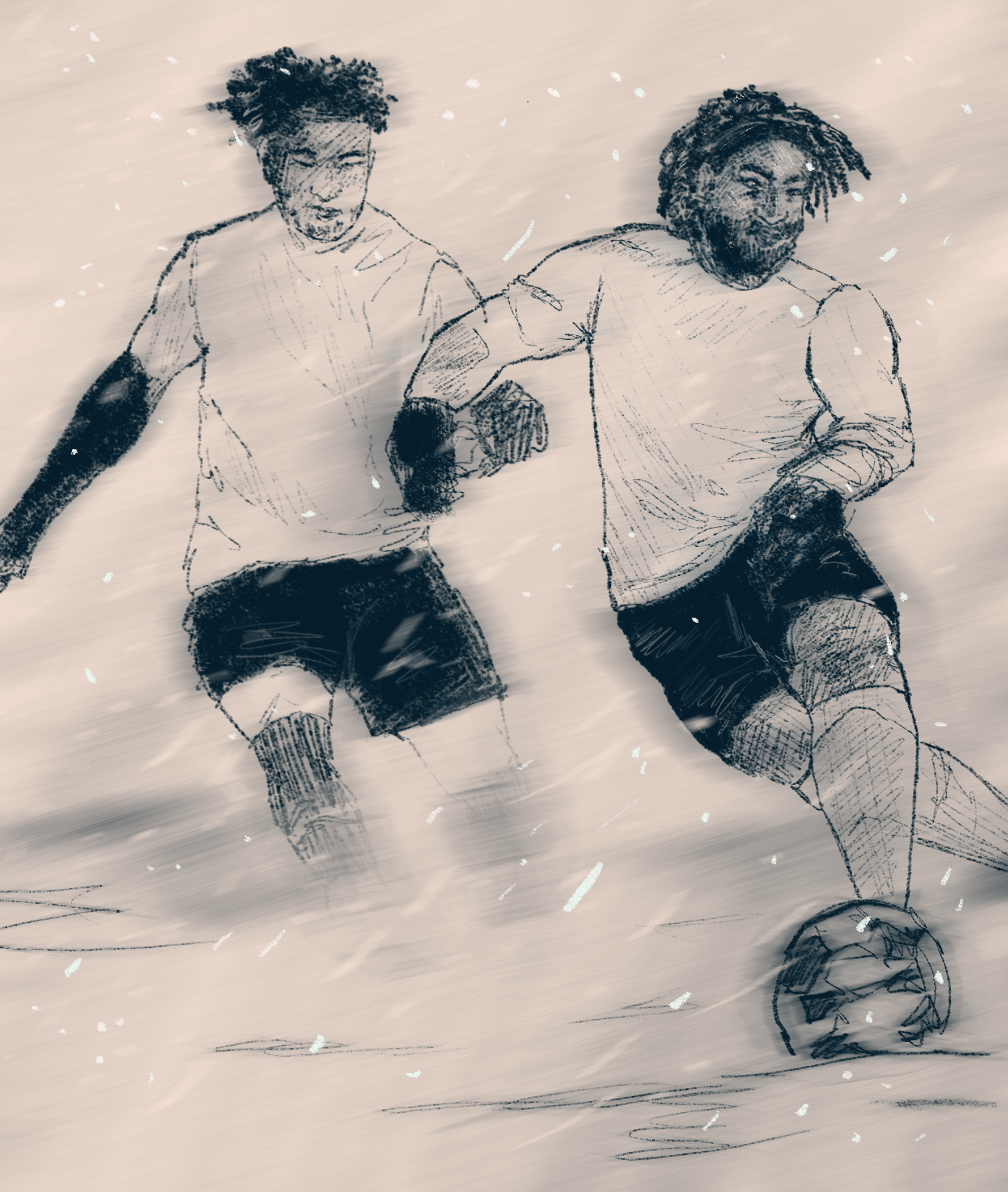England’s National Football Team’s lackluster 1-0 defeat to Iceland’s National Football Team on June 7 was more than just a forgettable pre-European Championships match. In the post-match analysis, a curious trend materialized: 22-year-old Bukayo Saka, who played a mere 25 minutes of the game, became a focal point of criticism. Headlines following the game shifted blame onto the Arsenal star, despite his limited role in the match. This wasn’t the first time that Saka, alongside other Black players on the English team, had been unfairly targeted by the English media. This persistent trend reveals the dark undercurrents of sports media’s sinister role in the perpetuation of racist attitudes and sentiments.
Black athletes in contemporary sports media often find themselves under a harsher spotlight than their white counterparts. A misplaced pass from a white player is seen as nothing more than a forgivable lapse in concentration, while this same error from a Black player is spun into a narrative of a lack of ability. This racial bias is amplified by the media’s tendency to dissect a Black player’s performance through a negative filter, especially when losses are involved. Headlines become pronouncements, pronouncements morph into truths, and truths, however skewed, become ingrained in the minds of fans and casual observers.
Saka’s post-Iceland scrutiny was not a one-off ordeal, making the media’s existing criticisms against him even harsher. After England’s heartbreaking loss during the penalty shootout in the final of the 2020 European Championship against Italy, Saka, alongside two of his Black teammates—Manchester United striker Marcus Rashford and Manchester United winger Jadon Sancho—were subject to a torrent of racist abuse online after missing their penalties. These incidents paint a disturbing picture: Black players are disproportionately vilified for their team’s defeats.
The penalties missed by Saka, Rashford, and Sancho became a national conversation, representing a glaring disparity in media coverage. The English captain Harry Kane, a white player, also missed a crucial penalty against France in a huge World Cup shootout in 2022. While some criticism was directed at Kane as the leader of what was supposed to be a very successful England team, the outrage paled in comparison to the torment Saka, Rashford, and Sancho faced.
Rashford commented on the ways in which football increased his self awareness, and plunged himself and other Black players into a whirlpool of disproportionate negative comments regarding their skills. The abuse even transgressed beyond the field, highlighting the emotional toll of the continuous racist abuse faced by young Black players on the England team. England manager Gareth Southgate backed Rashford’s sentiment, that the scrutiny placed on players like Saka was disgusting.
To destroy such harmful narratives around racialized atheletes such as Saka, a multi-pronged approach is crucial. First, sports journalists must become more discerning in their collection and representation of facts. Analyzing the performance of an entire team, like the English men’s national team, instead of scrutinizing individual moments in a way that can be shrouded in prejudice creates a holistic approach to performance analyses. Second, greater representation in the media is a vital aspect of sports journalism—having more journalists of colour creates a wider range of perspectives and produces fairer representation. However, all journalists must learn how to properly report on issues and stories concerning players of colour and other athletes of communities in which the reporter is not a member. Furthermore, social media platforms like X, previously known as previously Twitter, which are notorious for facilitating online abuse, must be held accountable for their wrongful sentiments by increasing proactive identification of abusers and through the removal of racist content.
International sports organizations are emphasizing collaboration with social media platforms to create stable reporting systems, resulting in safer online spaces for players. The Guardian stated that the Premier League is laying down a powerful call to arms to combat the onslaught of negative racial abuse targeting minority players. This reinforces the general consensus that in order to increase equality on the field, we ought to ensure equality in every auxiliary context.
The “beautiful game” deserves an equally beautiful environment off the field. By promoting balanced reporting, fostering diversity in sports media, and demanding accountability from online platforms, we can begin to tackle the ingrained racism within the sports industry.







